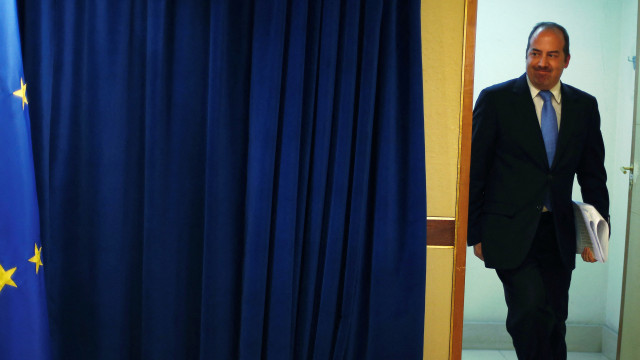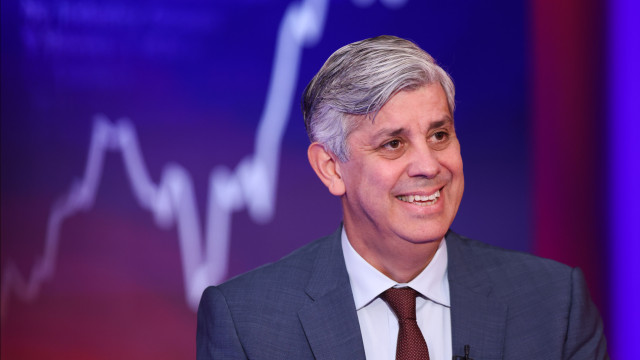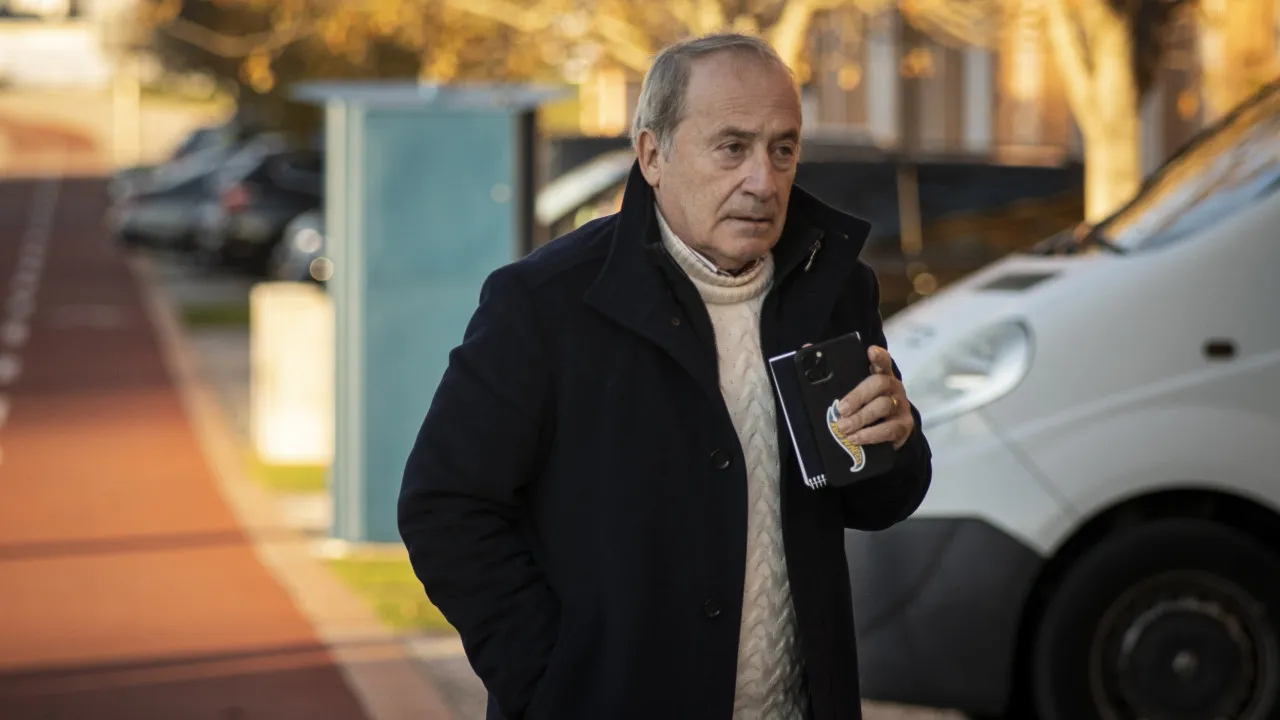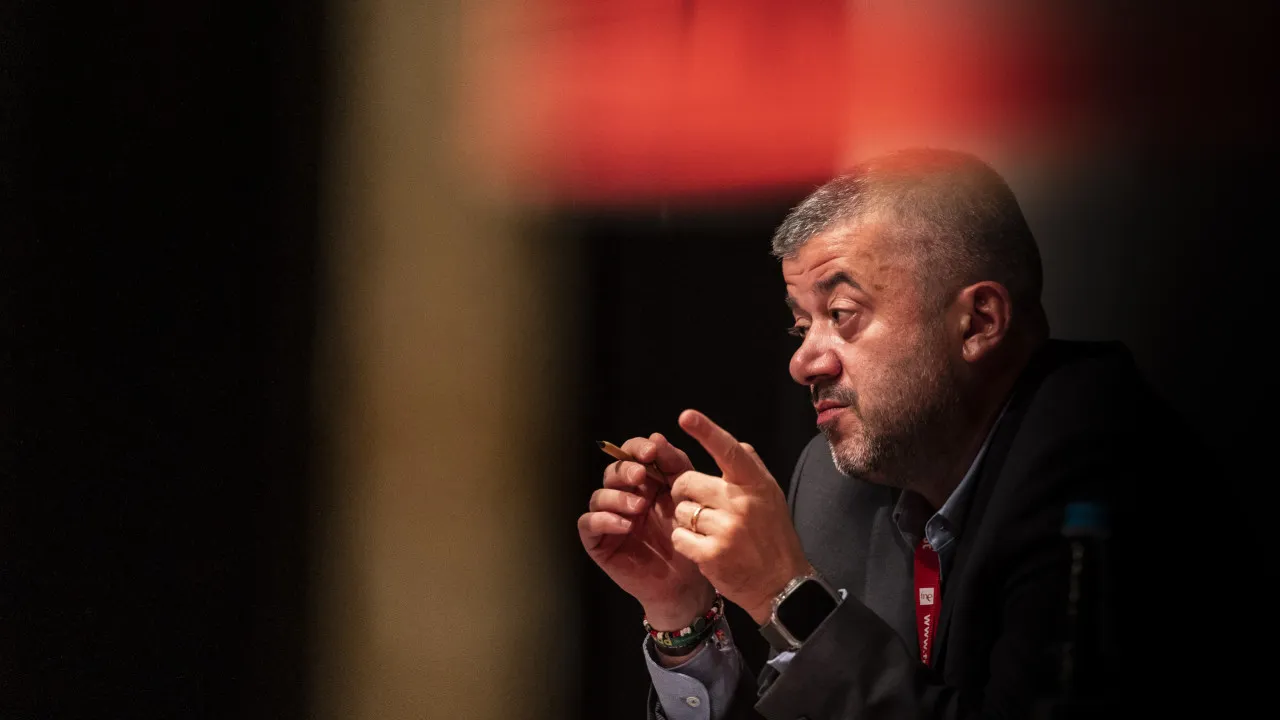Questioned on the matter on Thursday during the press conference following the Council of Ministers, the Minister of the Presidency sidestepped the issue, stating only that Álvaro Santos Pereira was “the best choice” to lead the Banco de Portugal. It has now emerged that the government faced five rejections before settling on the former Economy Minister as the next governor of the central bank.
As reported by Negócios, the first choice of Luís Montenegro’s government was the economist Ricardo Reis, a professor at the London School of Economics (LSE), a consultant to the Bank of England, and a frequent voice on issues concerning inflation and monetary policy for the European Central Bank (ECB).
Ricardo Reis did not outright reject the offer; however, conflicts arose from the appointment rules for the board of the financial supervisor.
João Cabral dos Santos, an economist at the New York Federal Reserve, and Sérgio Rebelo, the MUFG Bank Distinguished Professor of International Finance at the Kellogg School of Management, where he directed the Finance Department, were also approached. In neither case was the response affirmative—it remains unclear whether due to refusals or other conflicts.
The highly regarded Vítor Gaspar, a former Finance Minister under Passos Coelho, was considered. Despite being cited as nearing retirement from his role as Director of the Fiscal Affairs Department at the IMF, he declined the position, reportedly accepting another role with a different organization.
The final refusal came from Pedro Machado, a former Director of Legal Services and Deputy Director of the Prudential Supervision Department of the Banco de Portugal. Since March 2020 at the Single Resolution Board (SRB) in Belgium, he cited personal reasons for refusing the offer.
As a result, Álvaro Santos Pereira was approached by the government in the last two weeks. The current chief economist of the OECD requested time to consider the offer, being away from home and family. He eventually accepted—and his name was announced this Thursday, just after Mário Centeno’s official term ended.

With a doctorate in Economics and currently the chief economist at the OECD in Paris, the appointed governor for the Banco de Portugal (BdP), Álvaro Santos Pereira, served as Minister of Economy and Employment during the ‘troika’ years under Passos Coelho’s government.
Lusa | 15:37 – 24/07/2025
The turbulent tenure of Centeno
Mário Centeno’s tenure at the helm of the Banco de Portugal ends after five years marked by the pandemic and the Ukraine conflict, concluding with some disagreements with the Finance Minister.
Centeno made a controversial transition directly from the Finance Ministry to the central bank, sparking debates about establishing a cooling-off period for such moves.
His term coincided with a global pandemic, necessitating extraordinary fiscal efforts and measures from the ECB, where Centeno took a seat.
The former Finance Minister declared his intention to be an active governor in an opinion piece, indeed standing out by issuing multiple warnings to governments, even starting to write articles in his own name, a novelty at the BdP.

Mário Centeno’s tenure at the Banco de Portugal (BdP) concludes after five years marked by the pandemic and the Ukraine conflict, ending with some disagreements with the Finance Minister.
Lusa | 18:32 – 24/07/2025
During these five years, Centeno dealt with various governments: two led by António Costa, with João Leão and Fernando Medina heading Finance, and two by Luís Montenegro, with Joaquim Miranda Sarmento as Finance Minister.
Despite the political alignment with Centeno, tensions arose, notably regarding the European budget and a Eurogroup rule that would decrease Portugal’s allocation.
With Miranda Sarmento, disagreements emerged on issues like brain drain, corporate tax reduction, public house-buying guarantees for young people, and deficit forecasts.
Controversy also followed Montenegro’s appointment of Hélder Rosalino as Secretary-General of the Government, with Centeno refusing to pay the salary for the former BdP administrator in the new role, ultimately not assumed.
Recently, after Centeno’s term ended, the government announced an audit request to the General Inspectorate of Finance (IGF) regarding the construction of the new Banco de Portugal building.
The contract, signed by the central bank under Centeno with Fidelidade, involves acquiring a building on the former Feira Popular site in Entrecampos, Lisbon, for future BdP facilities, costing 191.99 million euros, with completion by the end of 2027.
Observador reported on Monday, July 21, that the final cost of the facilities would exceed 192 million euros, referring only to structural work, with estimates suggesting a total of up to 235 million euros.
The report also noted warnings from BdP consultants regarding licensing and the potential need for an environmental impact assessment for parking construction.
The information prompted BdP to respond, affirming compliance with all regulations in acquiring the new building.
Read More: Centeno will remain in office at BdP until Santos Pereira takes over




